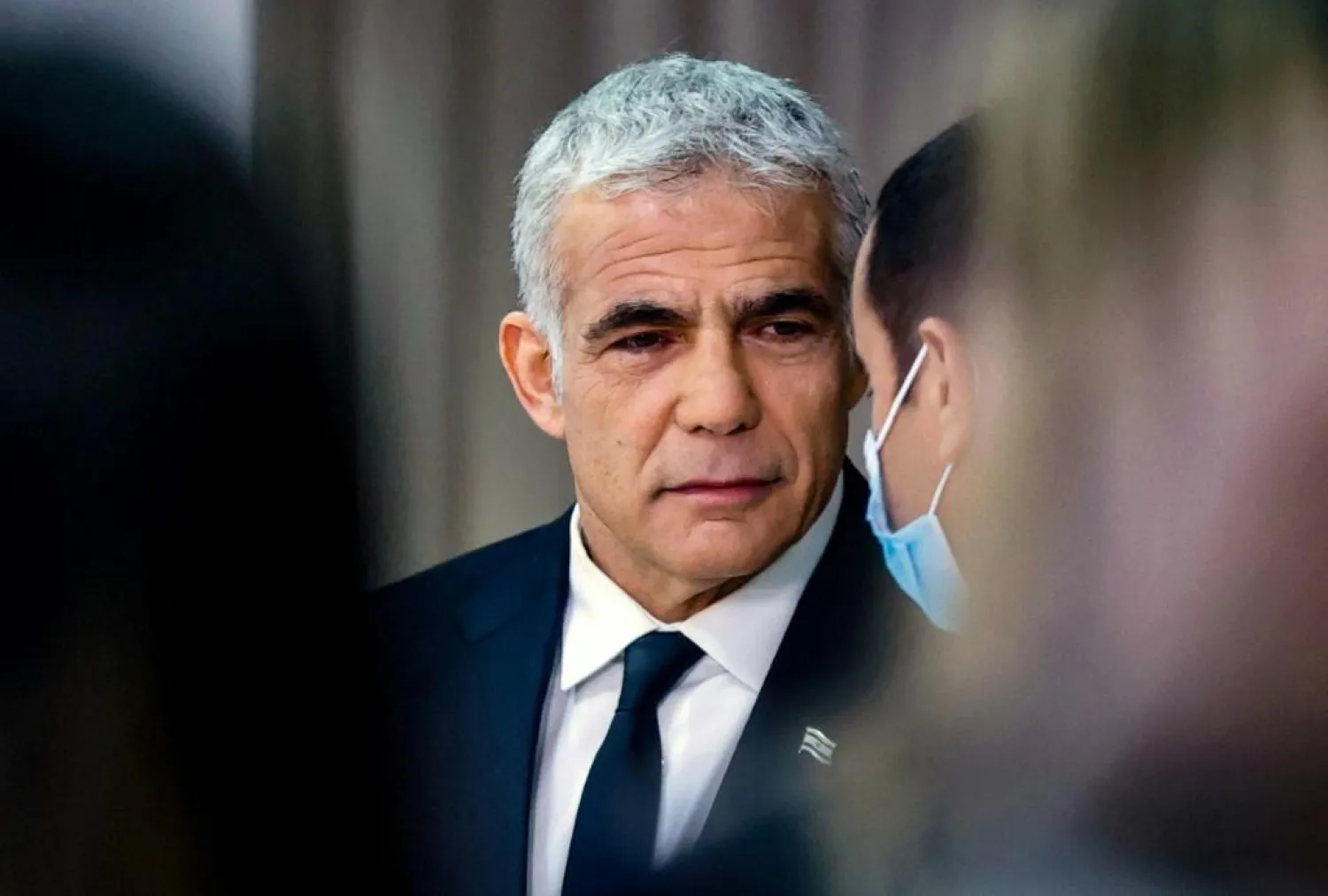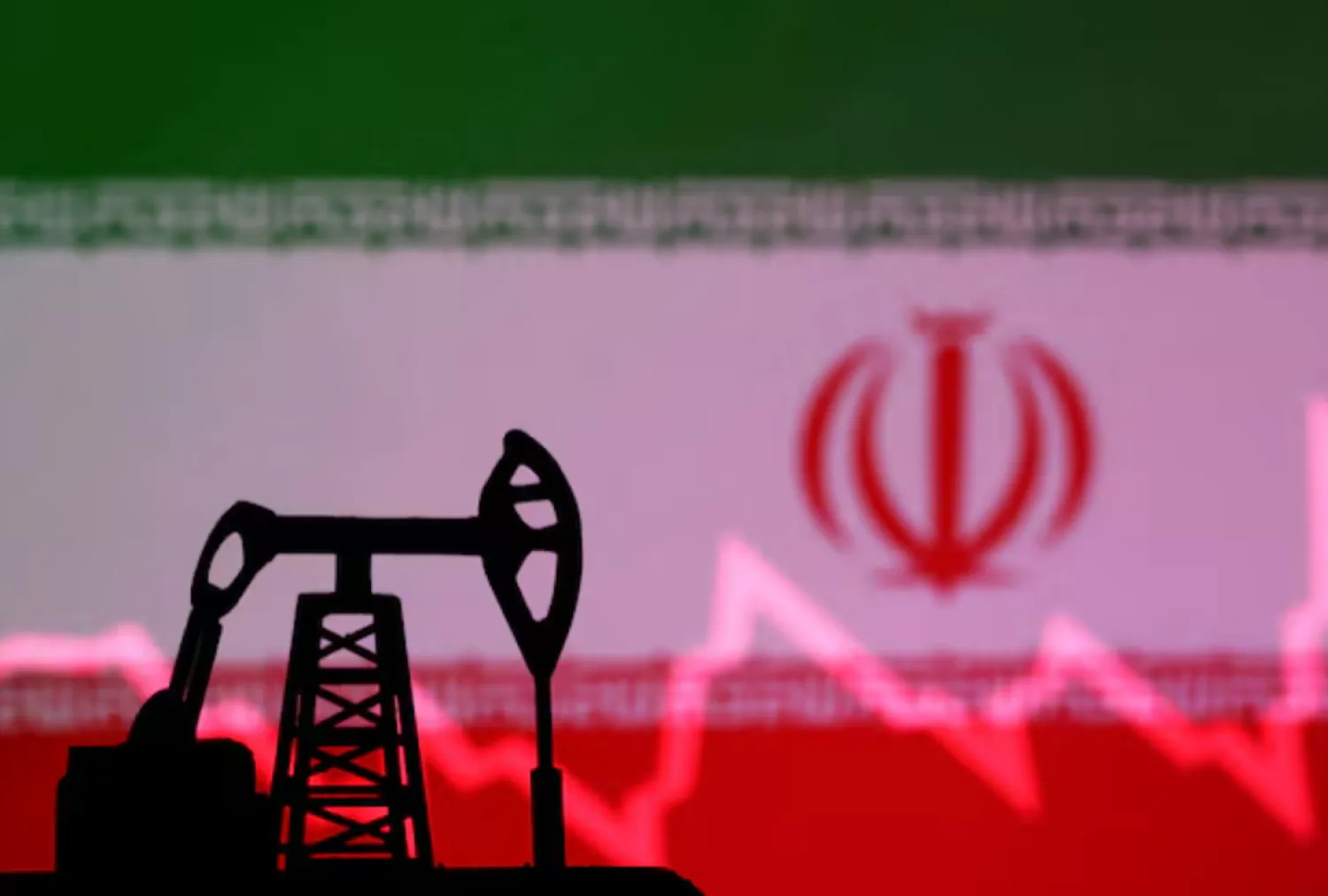Israel's battle with Gaza militants and unprecedented inter-communal violence at home have further complicated efforts to form a government, raising the specter of yet another general election, experts say.
That could be a political boon to Prime Minister Benjamin Netanyahu, whose best hope of extending his record 12 straight years in office could hang on a fifth Israeli election since April 2019.
But the ideologically divided anti-Netanyahu camp still has a narrow window to reach a deal that would oust the hawkish premier: centrist opposition leader Yair Lapid's 28-day mandate to form a government expires on June 3.
"Most analysts regard a fifth election as the most probable outcome," said Toby Greene, a political scientist at Bar Ilan University.
"But we have 10 days left, and that's a very long time in Israeli politics."
A Lapid-Bennett deal would have required at least some support from pro-Palestinian and non-Zionist Arab lawmakers, which was already uncomfortable political terrain both for them and for Bennett, a Jewish nationalist.
The chances of such a deal took a severe blow earlier this month as Gaza militants launched rockets into Israel and Arab rioters torched synagogues in multiple mixed communities inside Israel.
That forced Bennett to "reconsider his choice to form a government together with Arab-supported parties," said Yohanan Plesner, president of the Israel Democracy Institute think-tank.
Before conflict flared with armed Palestinian groups Hamas and Islamic Jihad on May 10, Netanyahu's political future looked precarious.
On trial for bribery, fraud and breach of trust, the premier had failed in a March 23 vote to secure enough seats with his allies to build a majority in Israel's 120-seat parliament.
His mandate to form a government expired on May 4, handing Lapid a chance to try.
But Yonatan Freeman, a political scientist at the Hebrew University of Jerusalem, said it was in Israel's "political DNA to support the incumbent" when conflict flares.
As Israel ramped up its air strikes in Gaza in response to Palestinian rocket attacks, Netanyahu made joint appearances with his bitter political enemy, Defense Minister Benny Gantz.
Crisis leadership, experts say, may have helped Netanyahu reinforce an image that has helped him endure in politics for decades: the security-focused statesman who defends Israel against external threats.
The crisis also "caused a fissure among the opposing camp," Plesner said.
Lapid's best, and possibly only, hope of forming a government involved a prospective deal with Naftali Bennett, leader of the right-wing religious Yamina party.
Bennett and Lapid are ideological opponents, but both have prioritized averting a fifth election and ending the divisive Netanyahu era.
A deal would have seen Bennett serving as prime minister in a rotation, a move that could harm his standings among some rightwing supporters.
But at the same time, it would constitute a "huge opportunity for Bennett to present himself as prime ministerial material" as part of his efforts to become Netanyahu's successor, Greene said.
And without Bennett, centrist former television anchor Lapid has little space to make a deal to unite the splintered anti-Netanyahu camp.
After the Gaza crisis, "it's unlikely, but not impossible," Plesner said.
He added that Netanyahu, "as Israel's most seasoned politician," may be now able to coax rivals into his camp.
He listed Gantz and Gideon Saar, a right-winger who defected from Netanyahu's Likud last year, as possible candidates.
But with all blocs struggling to build a coalition, "the most likely outcome at this point is that Israel is headed to a fifth election," Plesner said.
After Israel agreed a mutual ceasefire with Hamas and Islamic Jihad and the inter-communal violence eased, Lapid's Yesh Atid party said coalition talks would resume Monday.
It said Bennett's Yamina would not attend.
Yet Freeman of the Hebrew University said the crisis could actually drive momentum towards a unity government.
The inter-communal violence saw both Arab and Jewish rioters attack religious sites, among other targets.
Freeman told AFP the Arab violence in solidarity with Gaza raised profound concern across Israel's security establishment: if the Hamas conflict were to flare again, so could the internal strife.
He suggested that the imperative to offer Arab lawmakers a role in the government as a gesture of unity could create incentive for political compromise in the days ahead.
Whether Netanyahu or another leader is capable of crafting a broad, inter-communal coalition remains highly uncertain.
But, Freeman said, "people are looking for ways to mitigate against this violence happening again. Bringing more Arab politicians into the fold could be a way of doing that".









